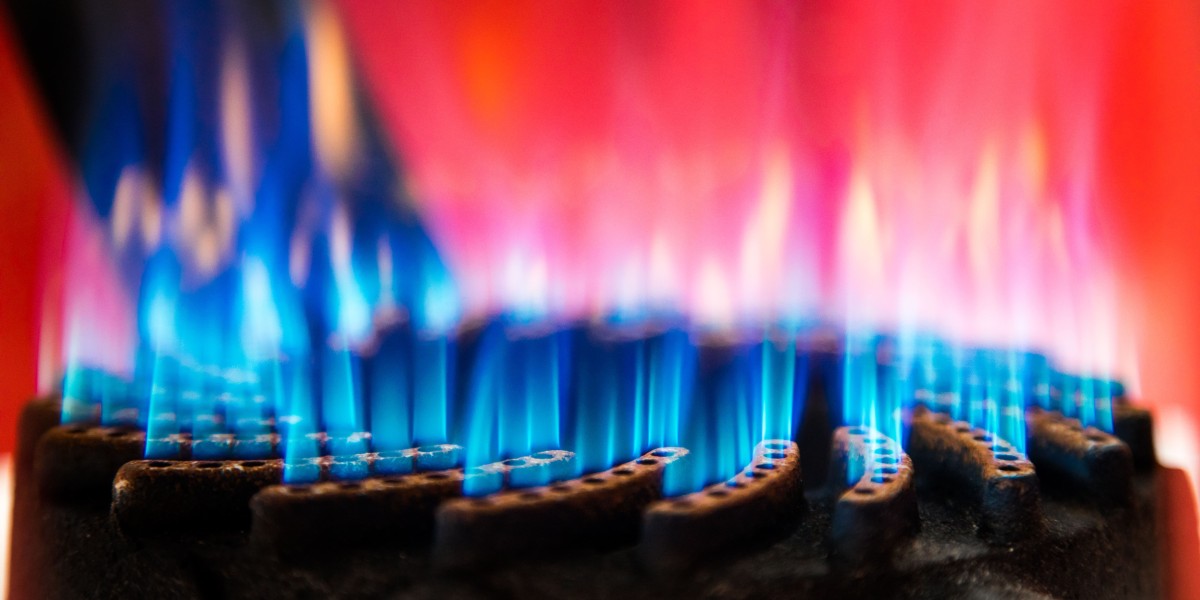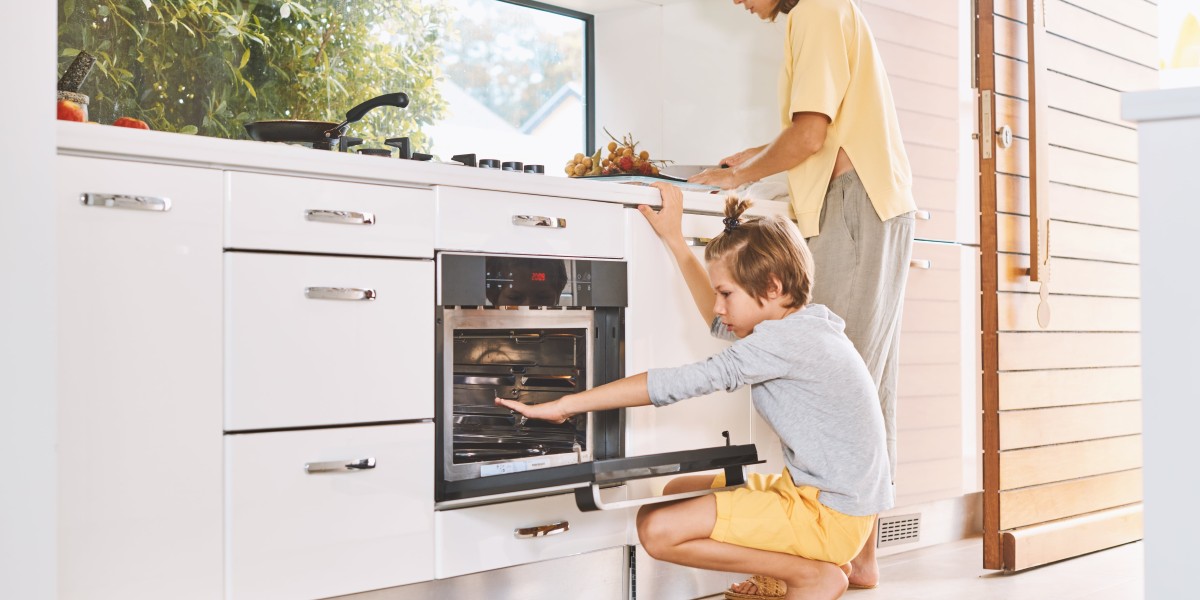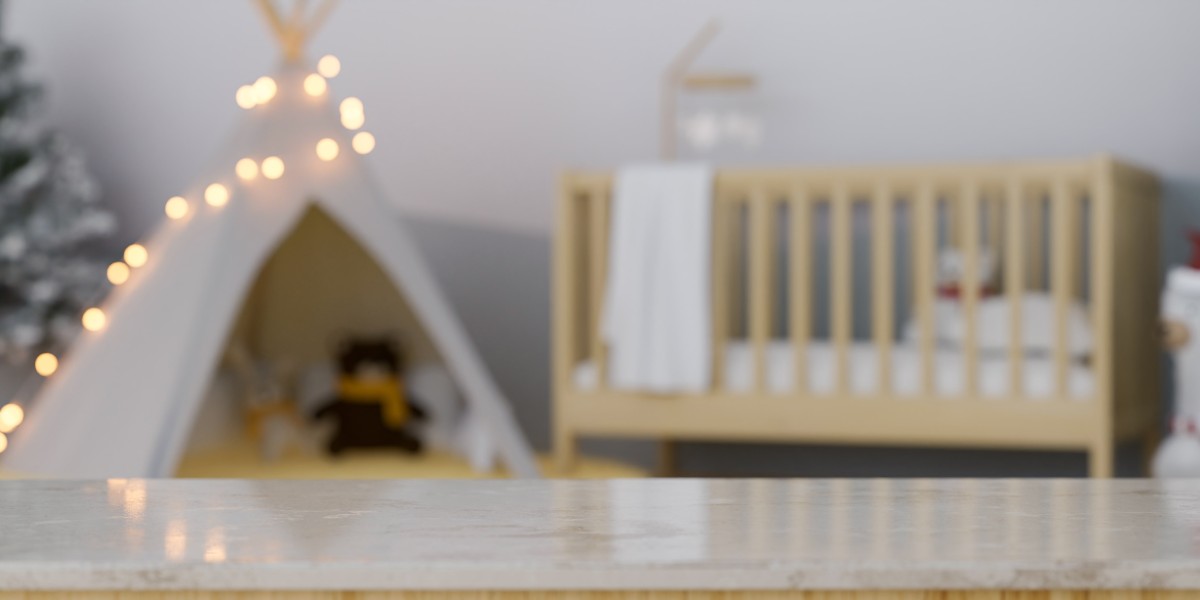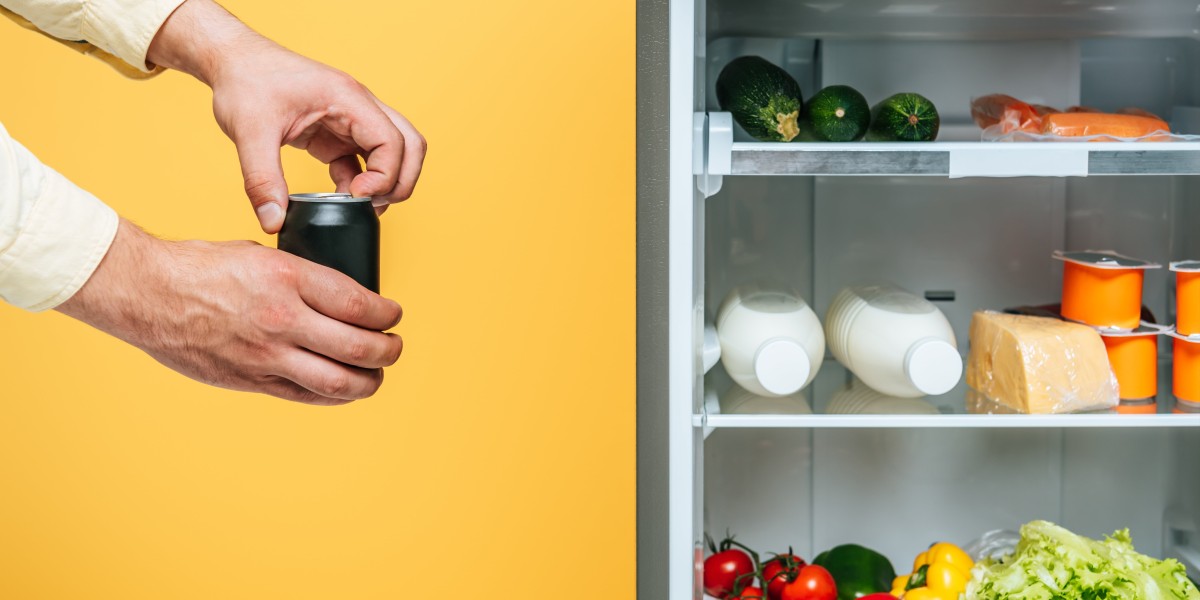Landlords must have their gas pipework and appliances inspected by qualified experts to ensure that they are safe. The annual checks are known as CP12 certificates.
A CP12 is CORGI Proforma 12 It was the official UK gas inspection certificate until April 2009. Landlords must keep copies of their CP12 certificate for two years to be reviewed.
What is a CP12?
A landlord gas safety certificate cp12 is documentation from an Gas Safe registered engineer that certifies that the gas appliances and installations have been checked and approved. It is an obligation for landlords in the UK to ensure their tenants' health and wellbeing. Landlords are responsible for scheduling and keeping up-to-date with CP12 gas inspections, maintaining their gas systems in good working order and supplying the CP12 documents to their tenants within 28 days of the date of each inspection.
The CP12 is the abbreviation of CORGI Proforma 12 which was the official title of the document between 1991 and April 2009. In April of that year, the Council for Registered Gas Installers (CORGI) was replaced by Gas Safe Register. As a result, the CP12 was referred to as the Landlord Gas Safety Certificate.
In addition to the information of the engineer who conducted the inspection, a CP12 will include the specifics of each appliance checked and any immediate actions required for safety. The location of each gas appliance is documented along with the results of any tests carried out on ventilation, flues and other important information.
It is crucial for landlords to have a CP12 because without one, tenants could complain about the landlord to authorities in section 21 of the Landlord and Tenant Act 1954. This could result in fines or even evictions in some cases.
Gas appliances that are not working properly can create carbon monoxide. It is a colorless and odourless gas that could be fatal when inhaled. Filter obstructions can stop harmful gases from exiting the premises safely, causing an additional fire hazard. The CP12 also gives landlords the opportunity to inform tenants of any potential risks within the premises.
While it is legally required to maintain a CP12 in place but the process can be difficult for landlords of all kinds. There are many services that can make the process easier. Klipboard, for example, lets landlords schedule annual gas inspections and receive reminders about when to renew. These services will save time and money for landlords while ensuring that they are up-to-date on their CP12s.
Who is responsible for the checkups?
As an owner, you are required to provide a safe and secure place to reside for your tenants. this means ensuring that all of the gas appliances are up to standards. It is essential to have CP12 inspections performed each year, and to provide copies of these certificates as soon as your tenants move in. If a landlord fails to provide an authentic CP12 they can be fined or even sentenced to prison.
A CP12 is a document that's produced by a specialised engineer who will inspect the gas pipework, appliances and flues on your property. The CP12 contains the contact details of the engineer and an explanation and the where each appliance is located. The CP12 also has an expiry date. Once it has expired it is necessary to make another appointment with a reputable gas safe engineer to have it renewed.
The CP12 is only available to engineers who are registered with the Gas Safe Register. The document is part of the building safety regulations which are enforced by the Health and Safety Executive.
Landlords must legally conduct an CP12 inspection of their property immediately after it is let. They must also keep a record of this and give a copy to their current or new tenants. In the event of a breach, it could result in penalties or even jail time for the landlord.
The responsibilities of landlords are different depending on how the property is used but there are some fundamental rules that everyone must abide by. These include ensuring that the gas system is safe for tenants, repairing and maintaining the property, and supplying all documentation required for selling or moving out.
If you believe that your landlord hasn't been able to meet their legal obligations in regards to building safety, then it's worth politely bringing this up with them. You may find that your landlord didn't remember to reserve a CP12 and you can offer them a second chance to do it. If they continue not to adhere to the law and regulations, you can file a complaint with HSE as a crime against the public health.
What is included in the checkup?
The CP12 is a tool that will protect your tenants from carbon monoxide poisoning. It is an obligation under the law in the UK for landlords, so be sure to display it prominently. Also give the CP12 to every tenant. This will demonstrate that you value your tenants' safety and take proactive measures to maintain property standards.
A CP12 is one of the reports that includes information on all gas appliances and pipework in your rental property. It must be completed and signed by an Gas Safe registered engineer. It should comprise the following information:
Description and the location of gas appliances. The appliances that have passed or failed the inspection. Name, registration number, and signature of the engineer. The date of the checkup.
The engineer must notify you of any equipment that is unsafe to use and then provide the necessary remedial work. You should then arrange for it to be repaired before a new CP12 is issued.
The CP12 will not only check the appliances but also the exhausts and flues in your home. This will make sure that they operate at the correct pressure and are free of leaks. The test will also ensure that the appliances are burning gas correctly.
Your CP12 will also include the dates for future inspections. It is recommended that the next inspections are scheduled 12 months after the previous one. This will ensure that you always have a CP12 valid and avoid any delays when you issue new certificates.
A CP12 must be kept by a landlord in a file for a minimum period of two years. You must give a copy to your tenant at the time they move in. You must issue an updated CP12 within 28 days after each inspection.
The Gas Safety (Installation and Use) Regulations state that you have to ensure that all your properties that are rented have their gas appliances checked every year. If your tenant refuses to allow you access to their property for these safety checks You must write to them and explain that this is a legal requirement. You can also ask them to give you access. If they refuse the request, you'll only be able to shut off their gas if you take all "reasonable steps" to gain access.
How do I get a CP12?
Finding a GasSafe certified engineer to carry out an inspection of safety on your property is the simplest method to obtain a CP12 in the UK. There are numerous firms that offer CP12 checks and it's a good idea to conduct an easy Google search to find one in your area. Once you've located an engineer, you can set a time to have them come out and perform the inspection.
Landlords must possess a CP12 certification before renting their properties. This is to ensure that all gas appliances, fittings, and flues are working safely and properly. Failure to adhere to the regulations on gas safety could lead to hefty fines, and even prison in certain instances. A valid CP12 certification can also give landlords peace of assurance that they're keeping their tenants safe and meeting the legal requirements.
The CP12 will detail whether or not each appliance has passed or failed the safety test. The CP12 will also include any recommendations or repairs needed to make an appliance safe. Landlords are required to respond within 28 days. They must also provide their tenants with copies of the CP12 certificate within 28 days after the inspection.
The Health and Safety Executive may fine the landlord if they do not have a CP12 on file. They also lose the right to evict tenants under Section 21 of 1988 Housing Act. This makes it more difficult for landlords to rent their properties, particularly in the event of security issues.
While a CP12 is a legal requirement for landlords, there are some who are hesitant to carry out an annual check. They typically make reasons like forgetting, being busy or needing to go away on holiday. This could pose a significant risk to tenant safety, as carbon monoxide poisoning is an invisible danger that could cause illness and even death.
Landlords can prevent this by reminding their tenants about the upcoming inspection. One such way is to use an application for managing landlords, such as Klipboard which allows users to schedule reminders for service appointments, including CP12 renewals. These reminders can be sent via SMS, email or via the mobile app, and will assist them in keeping track of their rental maintenance obligations.








